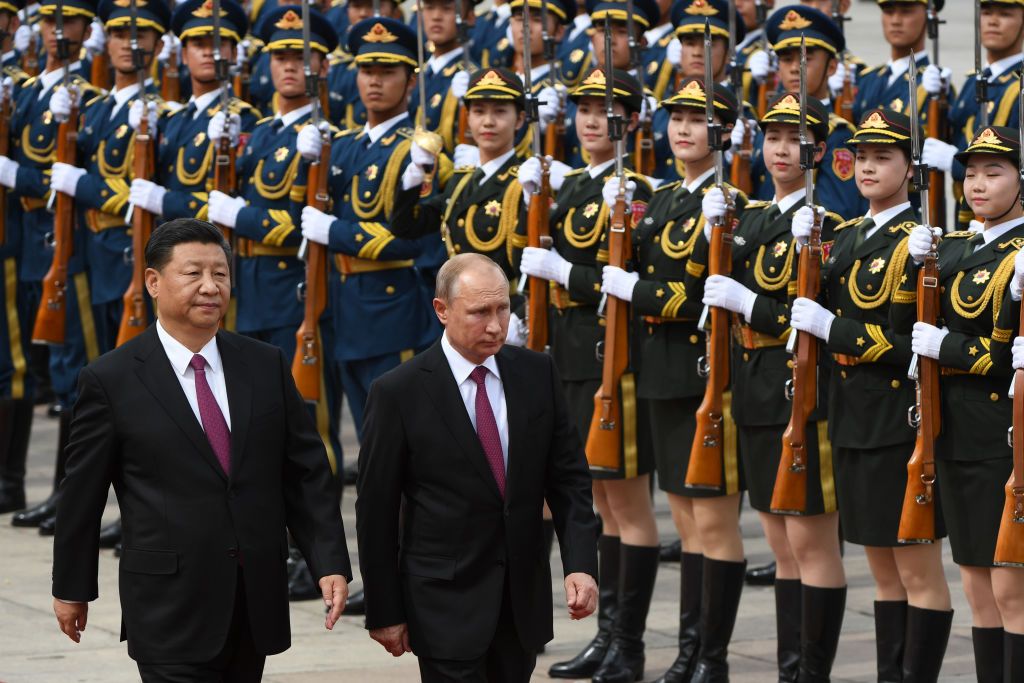Bloomberg: EU preparing to rule out Ukraine gas transit deal with Russia.
The European Union is preparing to rule out a renewal of a deal between Kyiv and Moscow that has allowed Europe to receive Russian gas through Ukraine when it expires at the end of the year, Bloomberg reported on Jan.
26, citing anonymous sources familiar with the matter. The European Commission argues that even countries most dependent on Russian gas supplies, such as Austria and Slovakia, would be able to find alternative sources in the event of a cutoff, the sources said. The EU has not imposed sanctions on Russian liquefied natural gas (LNG), and EU nations bought record amounts of LNG from Russia in 2023.
Ukraine still remains a key transportation route, even though actual flows on the transit pipeline have been less than 40% of contracted volumes since May 2022, according to Bloomberg. The EU's executive arm has reportedly conducted a preliminary analysis of potential scenarios that could arise from a termination of the transit deal, including modeling the capacities of other pipelines, such as TurkStream, to help make up for any deficit. The European Commission will discuss the issue with member states in February before formally presenting the plan to energy ministers at a meeting in Brussels on March 4, the sources told Bloomberg.
Kyiv reportedly denied earlier this week that it would be ready to renegotiate the transit deal with Russia after Slovakia's Prime Minister Robert Fico raised such a possibility. The EU has called on member states to reduce their gas dependencies on Moscow and reached a deal on Dec.
8 that allowed individual countries to effectively ban Russian shipments of LNG. One issue is that some European companies have long-term contracts with Russian companies, meaning that stopping imports would require paying compensation to Russia.
Some countries, such as the U.K., Latvia, and Lithuania, have already stopped buying LNG from Russia.
Opinion: Why the Russia sanctions are failing
When bilateral talks fail to resolve disputes between sovereign countries, aggrieved parties may turn to an international judicial body, such as the International Court of Justice (ICJ) in The Hague.
Alternatively, treaties or agreements often incorporate provisions for arbitration or mediation of d...
